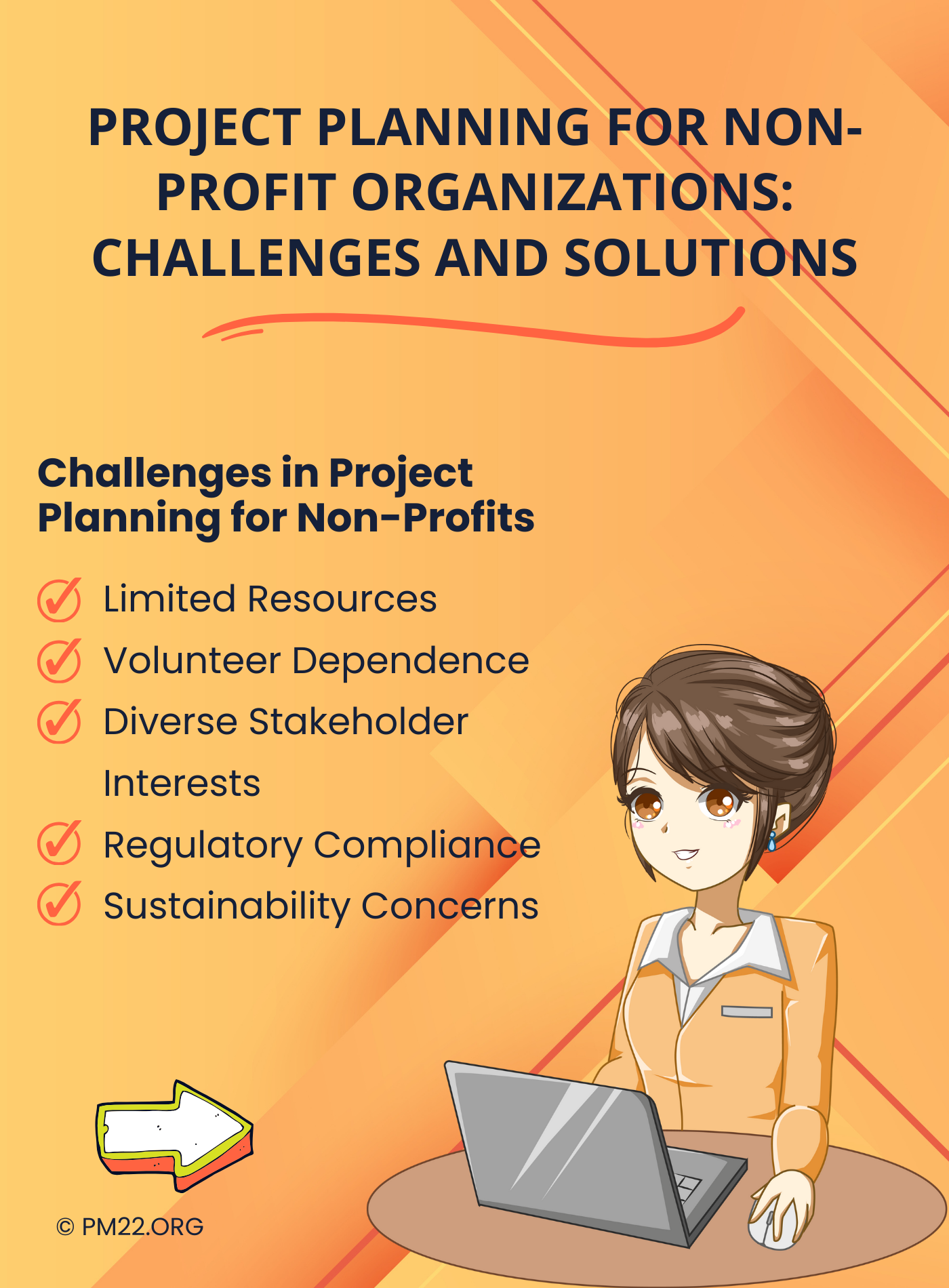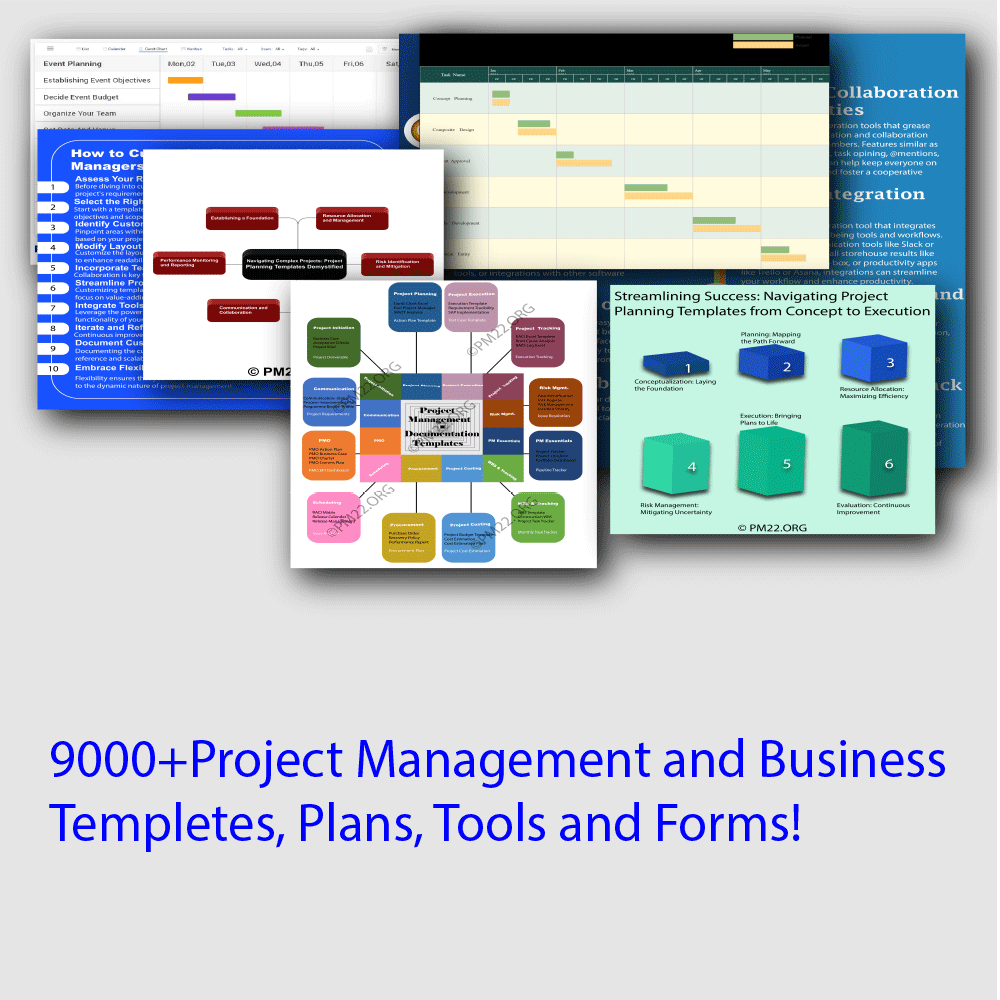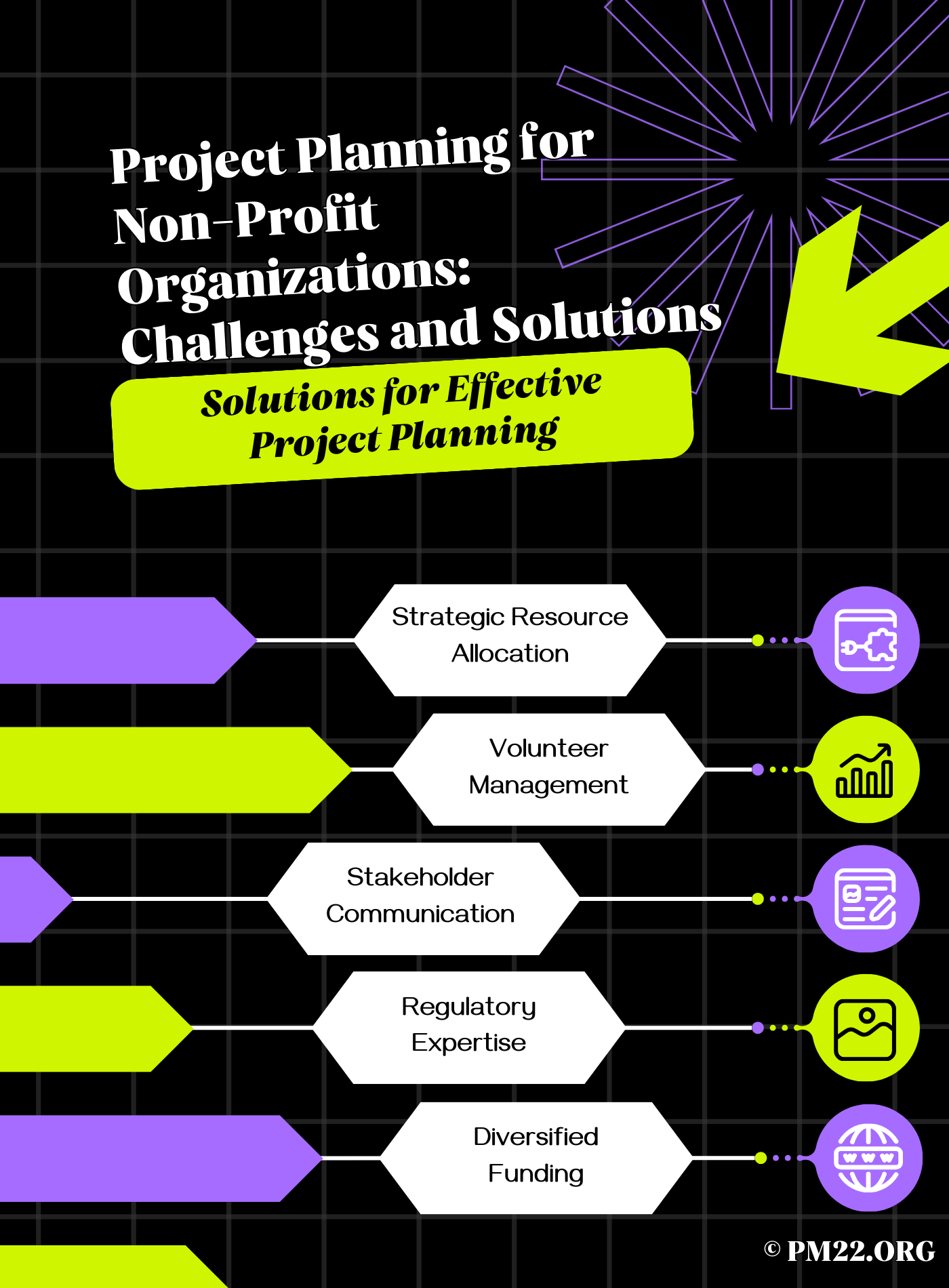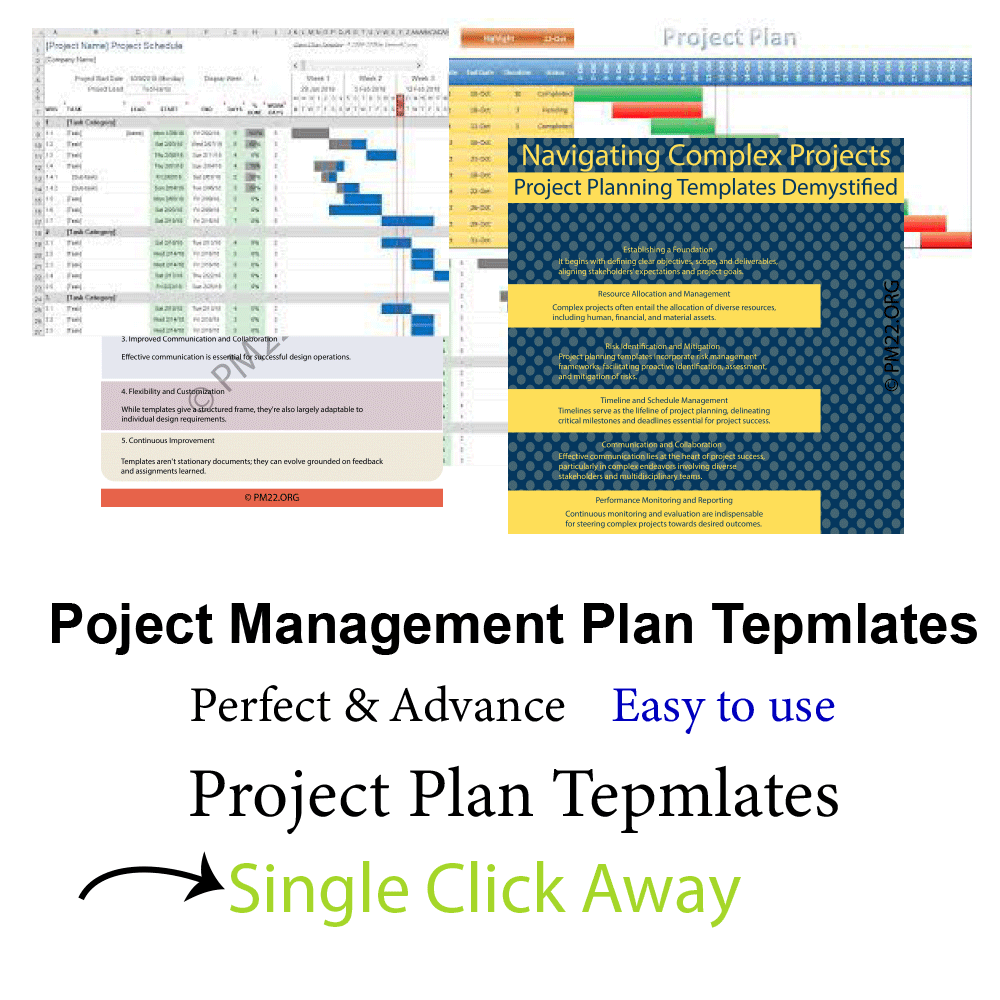 Project planning is a crucial aspect for any organization, including non-profits, to ensure the efficient use of resources and the successful achievement of their goals. However, non-profit organizations face unique challenges in project planning due to their reliance on donations, volunteer work, and their mission-driven nature. Addressing these challenges requires tailored solutions that can help these organizations thrive in a competitive environment.
Project planning is a crucial aspect for any organization, including non-profits, to ensure the efficient use of resources and the successful achievement of their goals. However, non-profit organizations face unique challenges in project planning due to their reliance on donations, volunteer work, and their mission-driven nature. Addressing these challenges requires tailored solutions that can help these organizations thrive in a competitive environment.
Challenges in Project Planning for Non-Profits
- Limited Resources: Unlike for-profit entities, non-profits often operate with constrained budgets and limited access to resources. This limitation can make it difficult to allocate sufficient funds for project planning and execution, potentially compromising the quality and reach of their programs.

- Volunteer Dependence: Non-profits heavily rely on volunteers to implement their projects. While volunteers bring passion and dedication, they may lack the consistency and availability of paid staff. This dependency can lead to variability in project progress and outcomes.
- Diverse Stakeholder Interests: Non-profits must balance the interests of various stakeholders, including donors, beneficiaries, and board members. These groups may have different priorities and expectations, making it challenging to create a cohesive project plan that satisfies everyone.

- Regulatory Compliance: Non-profits must navigate a complex landscape of regulations and reporting requirements. Ensuring compliance can be time-consuming and divert resources away from project activities, complicating planning and execution.
- Sustainability Concerns: Non-profits often struggle with long-term sustainability, as funding can be unpredictable. This uncertainty can make it difficult to plan for future projects or expand existing ones, limiting the organization’s impact.
CLICK HERE TO DOWNLOAD 300+ PROJECT MANAGEMENT TEMPLATES & DOCUMENTS IN EXCEL
Solutions for Effective Project Planning
- Strategic Resource Allocation: Non-profits should prioritize projects that align closely with their mission and have the potential for significant impact. By focusing on high-impact initiatives, organizations can make the most of their limited resources. Additionally, developing a detailed budget that includes potential funding sources can help mitigate resource constraints.
- Volunteer Management: To address the challenges of volunteer dependence, non-profits can invest in robust volunteer management systems. These systems can help track volunteer hours, skills, and availability, ensuring that the right volunteers are matched with the right tasks. Regular training and recognition programs can also boost volunteer engagement and retention.

- Stakeholder Communication: Clear and consistent communication with stakeholders is essential for aligning their interests with the organization’s goals. Non-profits can establish regular meetings, updates, and feedback mechanisms to keep stakeholders informed and involved. Transparent reporting on project progress and outcomes can build trust and support.
- Regulatory Expertise: Hiring or consulting with experts in non-profit law and compliance can help organizations navigate regulatory challenges more efficiently. These experts can ensure that all legal requirements are met, allowing the non-profit to focus on its core activities without the fear of regulatory setbacks.
CLICK HERE TO DOWNLOAD 300+ PROJECT MANAGEMENT TEMPLATES & DOCUMENTS IN EXCEL
- Diversified Funding: To enhance sustainability, non-profits should diversify their funding sources. This can include grants, individual donations, corporate sponsorships, and fundraising events. Developing a comprehensive fundraising strategy can provide a more stable financial foundation, allowing for more confident long-term planning.
Conclusion
Effective project planning is vital for non-profit organizations to fulfill their missions and maximize their impact. While they face distinct challenges, tailored solutions such as strategic resource allocation, efficient volunteer management, proactive stakeholder communication, regulatory expertise, and diversified funding can significantly improve their project planning processes. By addressing these challenges head-on, non-profits can ensure their projects are successful, sustainable, and aligned with their overarching goals.
